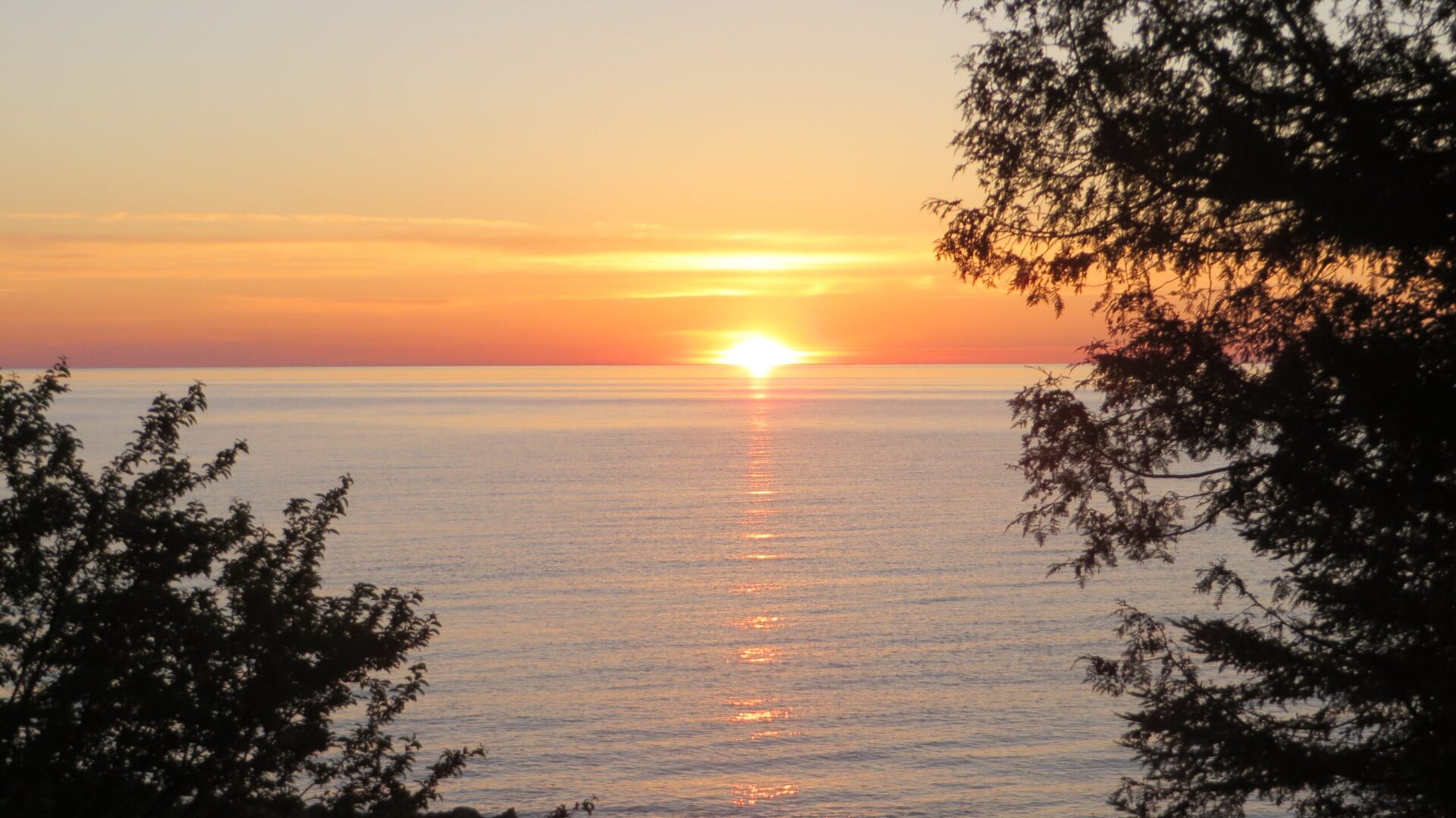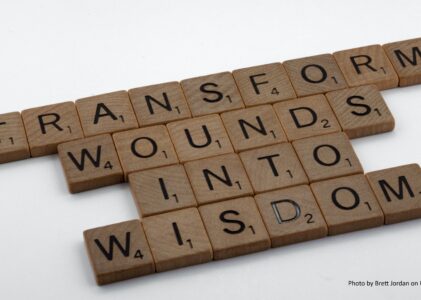Wisdom is a word we hear a lot. We all seek it. We believe life will be better if we have it. But can you define it? It struck me last week that Judy and I talk a lot about wisdom. Our website tag line is “The Wounded Woman’s Way to Wisdom.” So, what do we mean? What drives us to lead you into wisdom?
Let me start by defining wisdom.
Wisdom, sapience, or sagacity is the ability to contemplate and act productively using knowledge, experience, understanding, common sense, and insight.
When I first read this definition, I paused. I realized that no one escapes gaining wisdom. As we live our lives, we all gain knowledge, experience, and insight. Most of us gain understanding or common sense, but not everyone. We cannot escape obtaining wisdom. We can, however, lack the ability to contemplate and act productively. When you live your life with “your head stuck in the sand” or being oblivious, you may miss the opportunities to act on what you have gained through experience. When we do not take responsibility for our actions we are not performing in our wisdom.
Why is wisdom such a big deal? Wisdom is key to making choices that bring joy. We all seek joy. Joy appears elusive to most. Could it be we do not experience joy because we are lacking in the pursuit or exercise of wisdom?
During my research for this article and years of seeking wisdom I was and am aware that wisdom is normally referred to in the feminine. Wisdom is called “she” and “her” in scripture. The book of Proverbs is full of thoughts on wisdom and refers to wisdom in the feminine. For example, “Wisdom is more precious than rubies; nothing you desire can compare with her.” Proverbs 3:15
Wisdom is said to originate with God and God gives wisdom.
The Koran says that only Allah has wisdom and gives intelligence at his will.
Buddha says wisdom can be reached by knowing the impermanent nature of all objects we hanker after and annihilate cravings for them. Wisdom is knowledge.
Hinduism says that wisdom is higher than knowledge obtained by reasoning and inference. The path to wisdom is meditation, self inquiry, and contemplation.
Humanism states that wisdom comes from many diverse sources but is primarily something that develops over time through sharing and challenging of ideas.
Our Indigenous People say that wisdom is about the interconnectedness of all things. Wisdom deepens understanding. Wisdom is gained experience. Knowledge is to know the difference between wisdom and knowledge and accept responsibility and accountability. Wisdom is the future.
I found this online at mooshwalks.com. They say wisdom is a virtue that is not innate but can only be acquired through experience. Anyone who is interested in trying new things and reflecting has the ability to gain wisdom. This website says to
- try new things,
- talk to people you do not know and listen,
- do things the hard way,
- make mistakes,
- share your wisdom with others.
For our community wisdom is not something to be attained. It is something to be developed as we heal from our traumas, our mistakes, and the mistakes we see others make. Wisdom is developed when we celebrate our successes, For us wisdom is the pursuit of knowledge to share with you so you can heal and become whole. Judy and I actively search for the wisdom others have received and shared to help you. Judy and I have walked the path of trauma throughout our lives. We have managed situations we wish we could take back and get a do-over. We have managed situations the best we could with the information we had at the time. We have been brave. We have been crushed. We have been restored to a place where helping other women navigate the waters of healing is the deepest desire of our souls.
We believe that when one woman heals, a community is healed. The life of one woman touches so many people. Heal her. Heal her community. Teach her and you teach her community. Love her and she loves her community. This is what drives us in the pursuit of wisdom.

